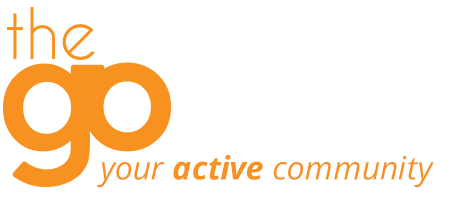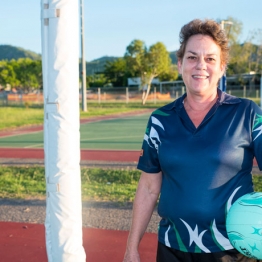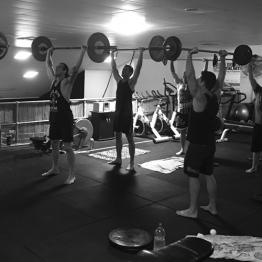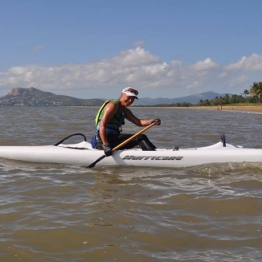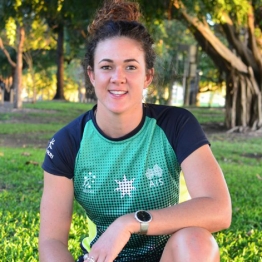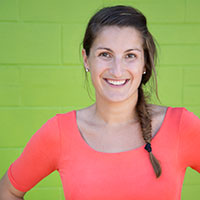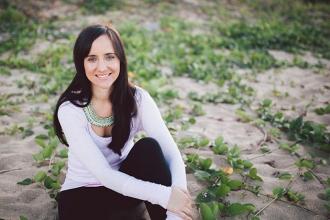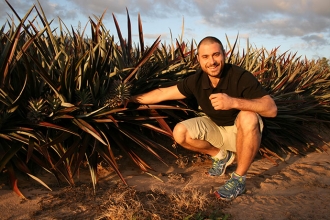TheGo asks our local, qualified and respected nutritionists a question that has been puzzling you. This week it’s about supplements – do you need them? And – more importantly – how can you make sure they’re safe to take?
If you have a food query for our expert panel to answer, please email [email protected].

Mitch Smith – Health Management
When you Google ‘supplements’, you get 87.5 million hits in 0.58 seconds. That’s faster than Lance Armstrong at his peak EPO intake (cycling joke – insert laugh here). In all seriousness, I hear about a new supplement every single day from my clients. There are supplements that claim to help you shred body fat, put on muscle (six times as much in just three days – wow!), pre workout, post workout and BCAAs.
There are also the other type of supplements that include B, C, D and calcium just to name a few. With this large range of supplements available, could we be heading for a population that doesn’t need to eat at all? I certainly do not want to be part of this movement and I am fairly confident that you would want to eat actual food… crazy thought, I know.
With this multi-billion-dollar supplement industry comes a range of companies that cut corners and don’t test their products to ensure safety and quality. The biggest battle we have is knowing what is actually going into these supplements, especially the ones coming from the USA, where they do not have to list the ingredients and can simply get around the laws by saying ‘XYZ’s proprietary blend’.
This leaves it all up to chance, which I know that I am not prepared to do. So here are a few helpful tips to help reduce the risk of harming your health:
- Only buy products from reputable well-known companies and seek advice from an accredited practising dietitian/sports dietitian.
- Take a look at their website and make sure they have a quality assurance testing program. If they don’t big note themselves about it, then they probably don’t do it.
- Ask yourself, ‘Do I really need this supplement?’ and ‘What foods can I get my nutrients from?’. I guarantee you that this will cut your supplement intake in half.
About Mitch Smith
Health Management
As an accredited dietitian and accredited sports dietitian; it’s Mitch’s mission to debunk as many nutrition myths as possible. He works with elite professional athletes from a range of sports such as triathlon, body building and football, as well as the Cairns Taipans NBL team (don’t hold that against him!). Mitch has a passion for helping men lose weight and get fit and healthy. He practises what he preaches and translates complicated nutritional jargon into easy-to-understand advice. Mitch has just completed his first Half Ironman in Cairns.
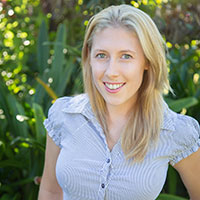
Hannah Gentile – Eat Well Australia
Let’s look at everyday vitamin and mineral supplements that are common to many of us: calcium, iron, multivitamins – the list goes on. People benefit from supplementation when they are at risk of deficiency. Here are some examples:
- During pregnancy or breastfeeding when the need for certain nutrients increases, e.g. folate and iron
- When taking antibiotics
- Those with a malabsorption illness, like Crohn’s, coeliac disease, and some cancers
- With medicines that decrease nutrient absorption
- Restricted diets, e.g. vegetarian, vegan, dairy allergy
- Certain lifestyle factors, like lacking a balanced diet, or high exercise/training levels
The reality is most of us do not fall into these categories. Which means we usually don’t have a need for supplements. But what about health concerns?
Vitamins are broken into two groups: fat soluble and water soluble. Water-soluble vitamins, in excess, turn into ‘expensive urine’. They are excreted out of the body via urine and sweat and our biggest concern is high cost for negligible benefit. Fat soluble vitamins (A, D, E and K), are absorbed into fat in our body and are not excreted as readily. This means it’s easier to have mild levels of toxicity compared with deficiency in these vitamins.
Those on blood-thinning medications are more at risk from negative effects of toxicity. Symptoms include red blood cell and liver damage, slowed mental and physical growth in children, nausea, vomiting, loss of appetite, dizziness, dry-itchy skin and headaches.
Supplementation of any of these vitamins is not necessary in the general population – with the exception of Vitamin D for at-risk individuals. If you do take a multivitamin that contains any of these fat soluble vitamins, opt for a brand that provides Vitamin A in the form of beta-carotene (less toxic) and, if in doubt, always consult your GP.
About Hannah Gentile
Eat Well Australia
Hannah Gentile has a Masters of Nutrition from Deakin University. She has spent the past 10 years working in the fields of behavioural science, health, and nutrition with women and children across New Zealand and Australia. Hannah decided to focus her nutritional background on women and children after experiencing a high-risk pregnancy. Addressing the need for good quality information, especially for mothers, Hannah is determined to provide a service women can turn to during the most important stages of their life.
Brie Salagaras – Compleat Nutrition
Supplements are a useful backup for individuals who struggle to achieve adequate intake of particular nutrients, vitamins and minerals through their diet. This could be from increased requirements, as in the case of pregnancy or athletes, or could be due to inadequate intake in the case of a fussy eating child, vegan, alcoholic, drug user or the elderly.
We should never rely solely on a supplement to meet our daily intake of nutrients, vitamins and minerals. Instead, we should focus more on ensuring we are consuming a balanced diet and, if not, how can we meet these requirements through diet first. If our needs can’t be met via diet alone then we look to add in a supplement.
For example, people who choose to be vegan will often be deficient in vitamin B12 (often found in animal products) and so we encourage them to take a supplement. Or another example could be pregnant women who require supplementation of folic acid to ensure their baby gets enough to decrease the risks of neural tube defects during development.
It is important to note that often we see supplements being taken as a miracle cure to achieve a desired result. High doses of certain supplements can be dangerous to our health if taken in excess or when adequate amounts are already being achieved in the diet and a supplement is being added. Therefore, unless you have a deficiency, or are unable to meet your daily requirements; you probably don’t need to be adding supplements.
About Brie Salagaras
Compleat Nutrition
Brie has studied a Bachelor of Health and Exercise Science, Masters of Nutrition and Dietetics and a Certificate of Diabetes Education. She is currently completing another masters degree in Exercise Physiology Chronic Disease Rehabilitation. Brie is a strong advocate for a holistic approach to a healthy living and incorporating both a healthy diet and exercise into each and every day.
The information provided is general in nature and should not substitute any health or medical advice. Please consult a qualified professional to assist with any specific conditions or queries. The opinions expressed as those of the individual columnists. You know the drill…
